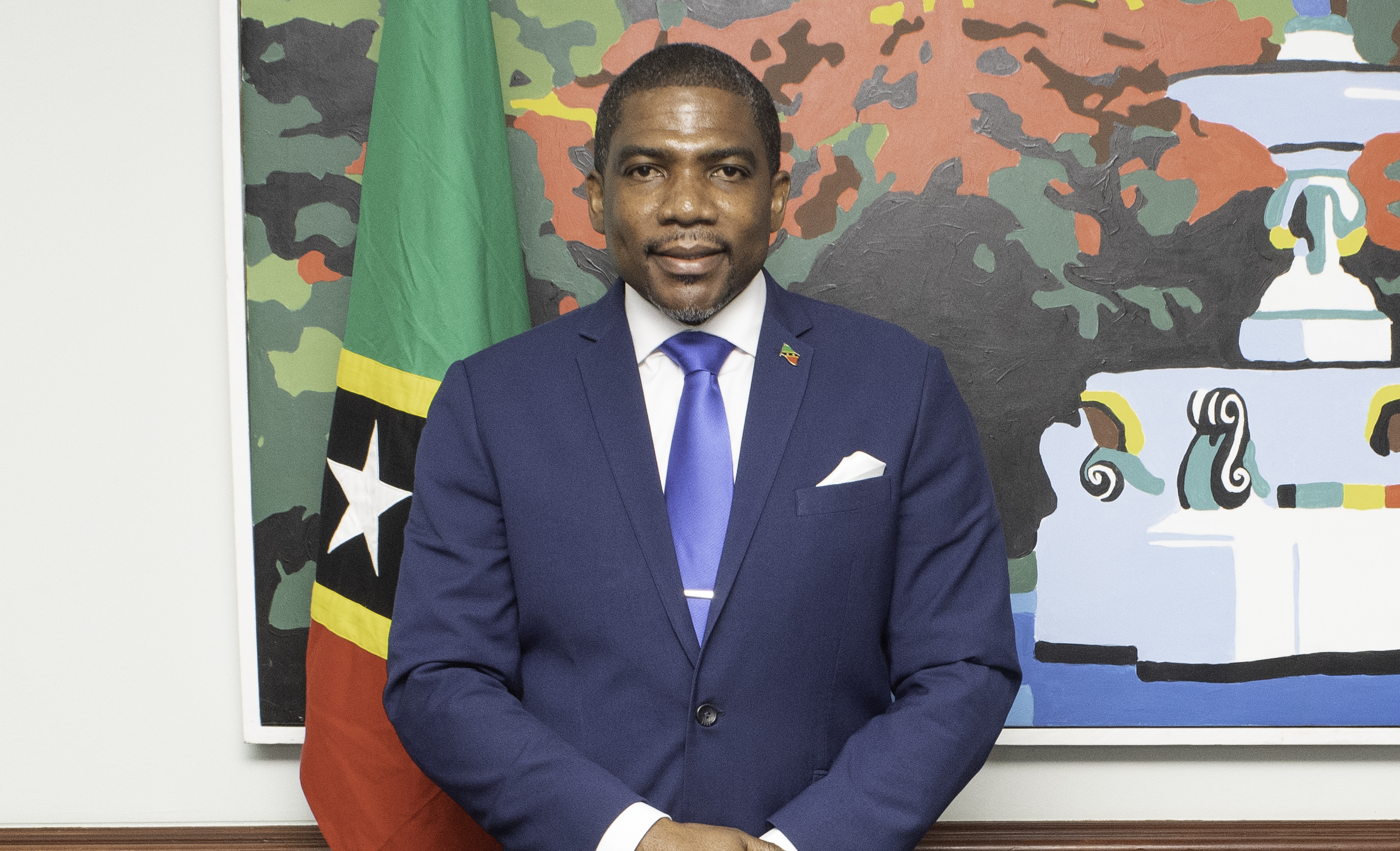Prime Minister Drew Leads Saint Kitts and Nevis Delegation to 48th CARICOM Heads of Government Meeting.
The Forty-Eighth Regular Meeting of the Conference of Heads of Government of the Caribbean Community (CARICOM), held in Barbados from February 18th to 21st, 2025, served as a crucial platform for regional leaders to address pressing issues facing the Caribbean. Prime Minister of St. Kitts and Nevis, Hon. Dr. Terrance Drew, led a delegation comprising key government officials to this significant gathering. This meeting highlighted the importance of regional cooperation and collaboration in tackling shared challenges and pursuing common goals for a stronger, more unified Caribbean. The agenda encompassed a wide range of topics vital to the region’s future, including economic resilience, climate change adaptation, regional security, and the deepening of integration through the CARICOM Single Market and Economy (CSME).
The CARICOM Heads of Government Meeting provided a forum for in-depth discussions on critical issues impacting the Caribbean region. Economic resilience was a central theme, with leaders exploring strategies to strengthen economies, promote sustainable development, and enhance competitiveness in the face of global economic uncertainties. Given the region’s vulnerability to the impacts of climate change, deliberations focused on building resilience to extreme weather events, rising sea levels, and other climate-related challenges. Regional security concerns, including transnational crime, drug trafficking, and cybersecurity threats, were also addressed, with leaders emphasizing the need for enhanced cooperation and information sharing to ensure the safety and security of member states.
The meeting also underscored the importance of deepening regional integration through the CSME. Leaders discussed ways to further harmonize policies, regulations, and procedures to facilitate the free movement of goods, services, capital, and people within the Caribbean Community. This included exploring mechanisms to improve trade facilitation, reduce non-tariff barriers, and strengthen regional institutions to support the CSME’s effective implementation. The aim was to create a more dynamic and integrated regional economy that fosters greater economic opportunities and enhances the overall well-being of Caribbean citizens.
Food security emerged as another key area of focus, with leaders recognizing the need to enhance regional agricultural production, improve food distribution systems, and reduce reliance on imported food. Discussions centered on promoting sustainable agricultural practices, investing in agricultural technology, and strengthening regional partnerships to address food security challenges. The geopolitical landscape and its implications for the Caribbean were also examined, with leaders emphasizing the importance of maintaining strong international partnerships and advocating for the region’s interests in global forums. Discussions with international leaders, including the UN Secretary-General and the President of the European Commission, reinforced the region’s commitment to multilateralism and global cooperation.
The situation in Haiti, marked by ongoing political instability and socio-economic challenges, was a significant topic of deliberation. CARICOM leaders reaffirmed their commitment to supporting Haiti in its efforts to restore peace, stability, and democratic governance. Discussions focused on providing technical assistance, facilitating dialogue among Haitian stakeholders, and promoting regional cooperation to address the complex issues facing the nation. Furthermore, discussions included issues related to free movement of people across the region, a cornerstone of CARICOM integration, focusing on streamlining processes and addressing challenges faced by citizens. Crime and security discussions broadened beyond transnational concerns, delving into strategies for enhancing national security measures and collaborative efforts among member states.
The signing of agreements related to Martinique’s accession as an Associate Member of CARICOM marked a significant milestone in the organization’s history. This expansion of CARICOM’s membership underscored the organization’s growing influence and regional appeal. Prime Minister Drew’s active participation in the meeting reaffirmed St. Kitts and Nevis’ commitment to regional cooperation and integration. His engagement with fellow leaders reflected his government’s dedication to furthering the interests of St. Kitts and Nevis within the CARICOM framework and contributing to the advancement of the regional agenda. The meeting’s outcomes underscored the collective commitment of CARICOM member states to working together to build a more prosperous, resilient, and integrated Caribbean community.
Share this content:











Post Comment